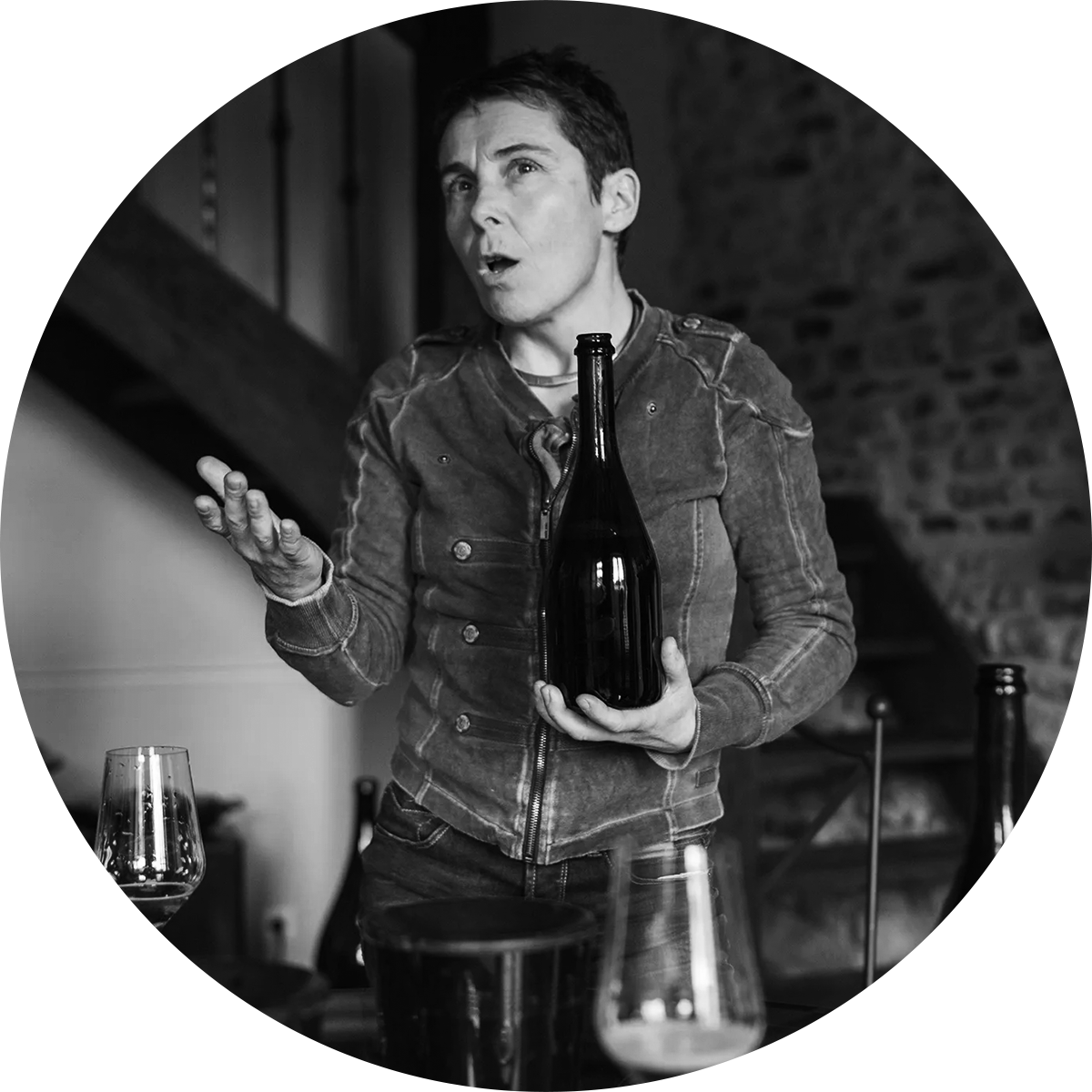CHAMPAGNE MARIE COURTIN
DOMINIQUE MOREAU
Champagne, France
Dominique Moreau named her estate after her grandmother, Marie Courtin. Located in the Côte des Bars in the southern part of the Champagne region, this is an exciting estate whose name and reputation are skyrocketing.
With the 2005 vintage, Dominique set out to produce a series of single-vineyard, single-variety, single-vintage, zero-dosage Champagnes from biodynamically-grown grapes that are farmed with meticulous care.
MORE OF CHAMPAGNE MARIE COURTIN
-
Marie Courtin Concordance 2017
Regular price HK$870.00Regular priceUnit price / per -
Marie Courtin Efflorescence 2017
Regular price HK$710.00Regular priceUnit price / per -
Marie Courtin Resonance 2020
Regular price HK$600.00Regular priceUnit price / per
BACKGROUND OF NATURAL WINE IN CHAMPAGNE
The Champagne wine region is located in northeastern France, renowned worldwide for its sparkling wines. It is distinguished by its cool climate and chalky soils, which impart a unique minerality to the wines. The region primarily cultivates three main grape varieties: Chardonnay, Pinot Noir, and Pinot Meunier, each contributing to the complexity and character of Champagne. Known for its méthode champenoise, a traditional method of secondary fermentation in the bottle, Champagne produces wines celebrated for their effervescence, finesse, and ability to age gracefully.
Organic, Biodynamic and Natural wine. What’s the difference?
To understand this concept and its various ramifications, it is necessary to keep something clear in mind: before the 20th century and the spreading of affordable synthetic fertilisers, all farming was organic. When the shift to the use of synthetics and pesticides happened, it became necessary to diversify traditional organic farming from the new modern farming.
ORGANIC WINE
Simply put, organic farming forbids the use of synthetic fertilisers, synthetic pesticides, herbicides, or genetically modified organisms. The basic requirements are generally specific and engage the farmers not to use any chemical fertilisers and other synthetic products in the vineyard. It does not prevent the vintner from using the conventional winemaking process after harvesting.
BIODYNAMIC WINE
Let’s take organic farming one step further: Biodynamic. The creator of this agricultural system is the Austrian philosopher Rudolf Steiner, who developed the principles of biodynamics in a series of lectures given in 1924 in Germany. Here lies the foundation of true organic wines, with a strict limit in the use of additives, stringent requirements and at the end obtaining a biodynamic certification.
NATURAL WINE
The previous definitions are usually, and rightfully, associated with it, because most natural wine is also organic and/or biodynamic. But not vice versa!
Natural wine is wine in its purest form, simply described as nothing added, nothing taken away, just grapes fermented. No manipulation whatsoever, minimal intervention both in the vineyards and in the winery. Healthy grapes, natural yeast and natural fermentation, with no filtration nor fining. Sounds easy, right? However, making natural wine is unforgiving and it requires a bigger amount of work than conventional wine. To this day, natural wine has no certification yet.








